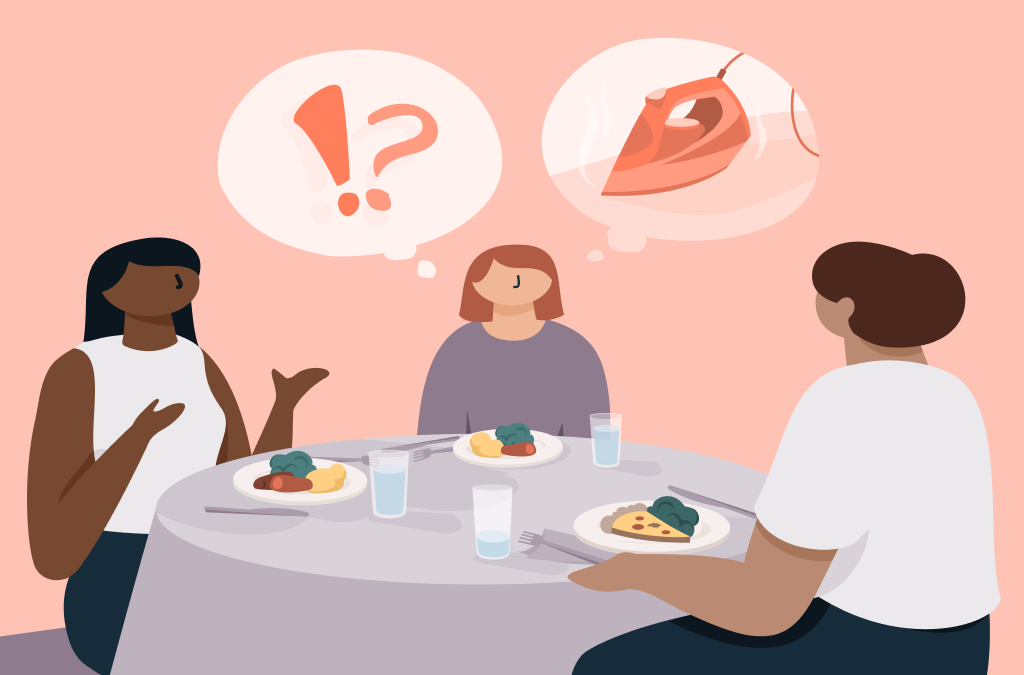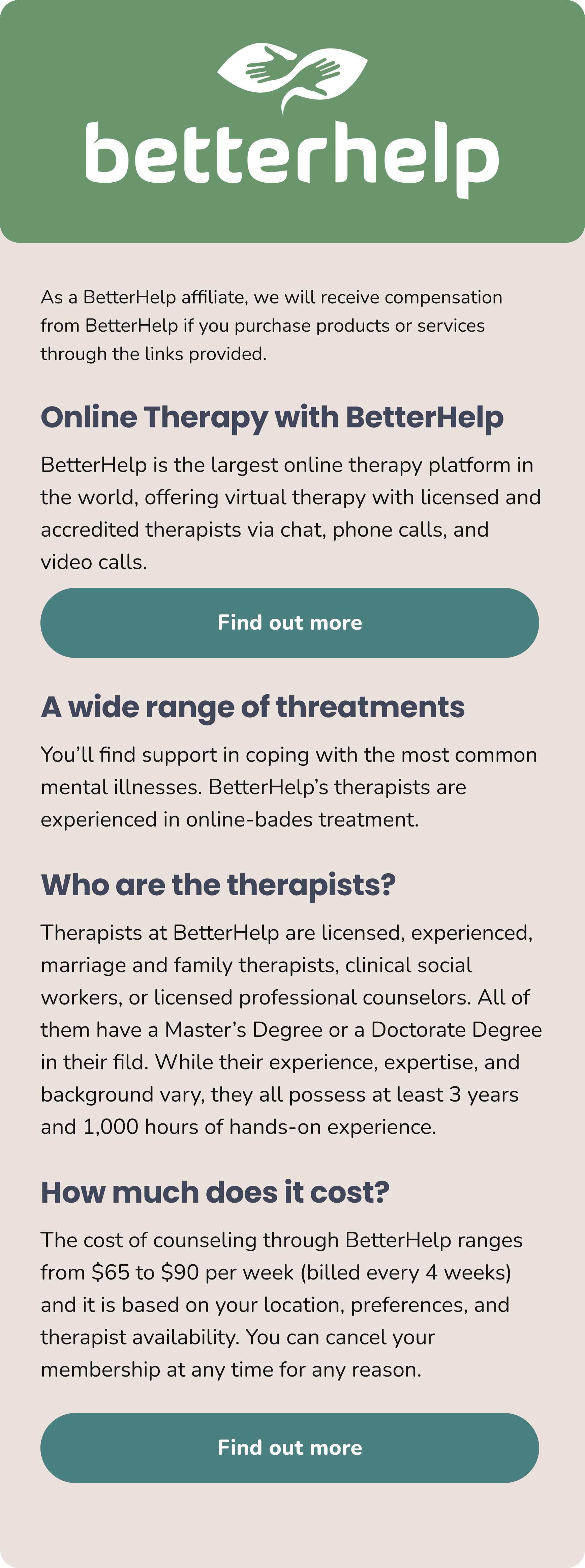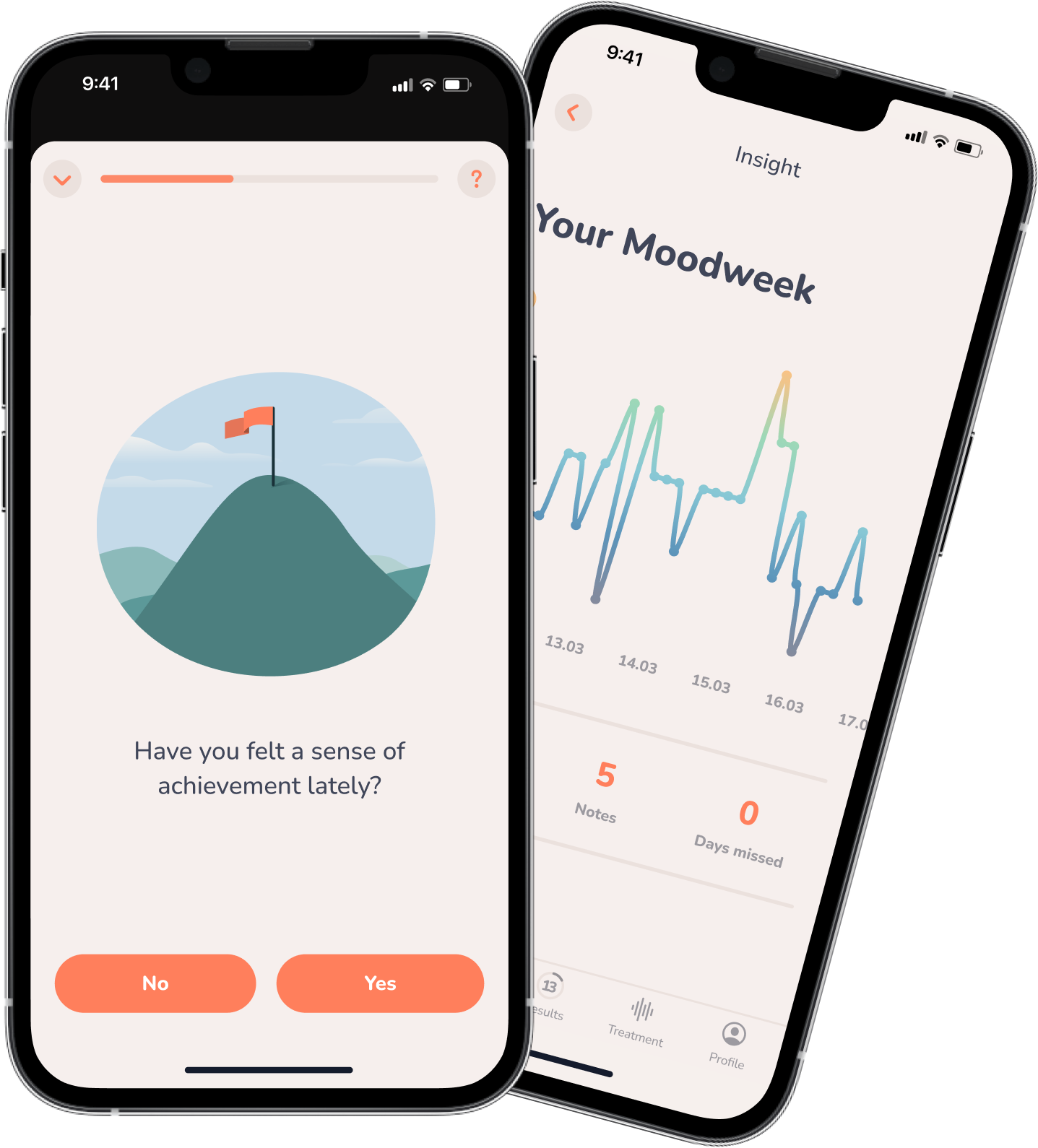Insight
Gaslighting – The Burning Pain Behind Negation
Gaslighting is a term that has been popping up a lot lately. What exactly is it, though? While some websites promise you ’10 ways to know you’re being gaslighted’, we’ll show you why it’s not that simple—and how to take first steps to undo its damage!

Damage Done
A common definition of gaslighting is: “Manipulating (someone) by psychological means into questioning their own sanity.” Understanding why that is so damaging isn’t really rocket science.
Essentially, it devastates our most fundamental basic psychological needs all at the same time. We stop relying on the most elementary assumptions which make healthy interactions with the world possible: “The objective things that I experience are really happening around me and others experience them, too. I am in control and in touch with reality.”
Origins of Gaslighting
The term “gaslighting” originally comes from a play by Patrick Hamilton called Gas Light, written in 1938, where a husband intentionally tries to drive his wife crazy with constant minor changes in their home, in an attempt to put her in an asylum and gain access to one of her family’s heirlooms. When she questions the things she sees, he repeatedly tells her she’s imagining things and that she’s “crazy.”
A somewhat similar real-life example comes from communist East Germany, where the state security service, or stasi, chose a gaslighting technique on its political opponents. Government officials would break into their homes and make small changes, like mixing up furniture or other items and leave. The residents suspected that the state was playing an eerie mind game on them but because it was so bizarre questioned whether it was really just all “in their heads”? Imagine telling your best friend: “The government is swapping out my picture frames and moving my plants 10 inches every day!” You’d sound crazy. This is gaslighting, in the most classical sense of the word.
What Gaslighting Often Means Today
What has “gaslighting” come to mean today? Is it gaslighting, for example, when someone denies whether they’ve made a particular statement? In other words, where does gaslighting begin and faulty memory end?
The answer to this depends on how strictly you want to stick to the original definition—which is closely tied to intention. The gaslighter seems fully aware of what s/he is doing and is doing it on purpose. What seems to have gotten lost in more modern definitions is this emphasis on intention. Today, the following statements are often considered a form of gaslighting:
- “That never happened.”
- “It wasn’t that bad.”
- “Stop being overly dramatic.”
- “You’re imagining things again.”
- “I would never say that. You must have misunderstood me.”
When someone denies that something ever happened, they most likely have not planned out a devious way to bring you down and make you question your own sanity so they can steal your grandma’s jewels. They are not grand, scheming villains. It may be that they simply have difficulty accepting their own faults, assuming responsibility, resolving conflict, and/or apologizing.
Whether intentionally trying to bring harm or acting out of a character flaw, gaslighting is still harmful!
Gaslighting in Abusive Relationships
Although gaslighting has popped up most recently in connection with politics and politicians, the most common place for it is within intimate, close relationships. In this moving Ted Talk, Ariel Leve speaks about the abusive relationship she had with her mother, which was riddled with gaslighting during her childhood.
How to deal with gaslighting | Ariel Leve (Watch on YouTube)
Gaslighting in intimate relationships is so damaging because it avoids the apology and taking responsibility. It negates the necessity for a healing process. By denying that something happened, the person who experienced it struggles to move on and is left wondering if s/he may really be the one who made the mistake.
Another hurtful consequence of gaslighting is that it often leads the recipient to question or deny their own emotional response, preventing this person from seeking mental health resources that could help them cope better.
If You Feel It, It’s Real
You’re fine. Stop being so sensitive.”—Society has never really been very kind to sensitive people or to open signs of vulnerability. For instance, there are many myths about men struggling with depression. So, let’s be very clear: Your emotions are yours and are legitimate, simply because you are experiencing them.
The key to processing emotions in a healthy way is to first accept that you’re feeling the way you are. Once you’ve acknowledged this truth, you can do something about it. Guided meditations and other self-help resources can help, as can seeking out a mental healthcare practitioner. “Stop it, you’re fine” won’t do the trick—not when someone else tells you so, nor when you try to tell yourself so.
Let’s Get Personal – New Patterns for You
Let’s continue with a somewhat challenging thought. Instead of placing the focus on what is being done to you, let’s turn things around for a second: Do you often find yourself in relationships where the other person engages in gaslighting? If so, why do you think that is? Are there ways you can change your normal patterns?
If the type of gaslighting you’re experiencing is linked to domestic abuse or concrete events, you can and should take it seriously. Seeking help is important. You are not crazy. And, you have every right to not accept being treated this way.
If the gaslighting you’ve encountered is more nuanced, maybe the best next step is to focus on yourself. That is, after all, the thing you can influence most. How can you learn to trust yourself again, believe that your emotions are valid and that you have self-worth?
MindDoc is an app you can download for free. It gives you the opportunity to keep track of your emotions and experiences throughout your day. You’ll receive interesting insights that shed light on your behavioral and thinking patterns and, every 14 days, a detailed summary of your emotions and the state of your mental health. Maybe you’d like to improve your self-esteem or self-compassion, or learn to accept your emotions more? MindDoc also offers guided, interactive courses on these and many other topics. Try them out and watch yourself evolve and grow! You deserve this change.

People-Pleasing — When the Fear of Rejection Becomes a Trap
Are you a person who places a high value on kindness, consideration and helpfulness? Or … maybe you tend toward what’s called “people-pleasing”?

Psychological Needs in the Workplace: How to Meet Them
Deadlines, conflicts, pressure to perform—many people grapple with stressors at work. The extent to which these weigh on someone depends in large part on whether psychological needs are being met at work.

High-Functioning Depression: The Hidden Suffering
When people think of depression, usually intense sadness, low energy, social withdrawal, difficulty getting out of bed, and managing daily life come to mind. But this is not always the case.

Obsessive-Compulsive Disorder: When Thoughts and Actions Become Torture
In this article, we explore what characterizes such thoughts and behaviors as well as how they can be treated.



